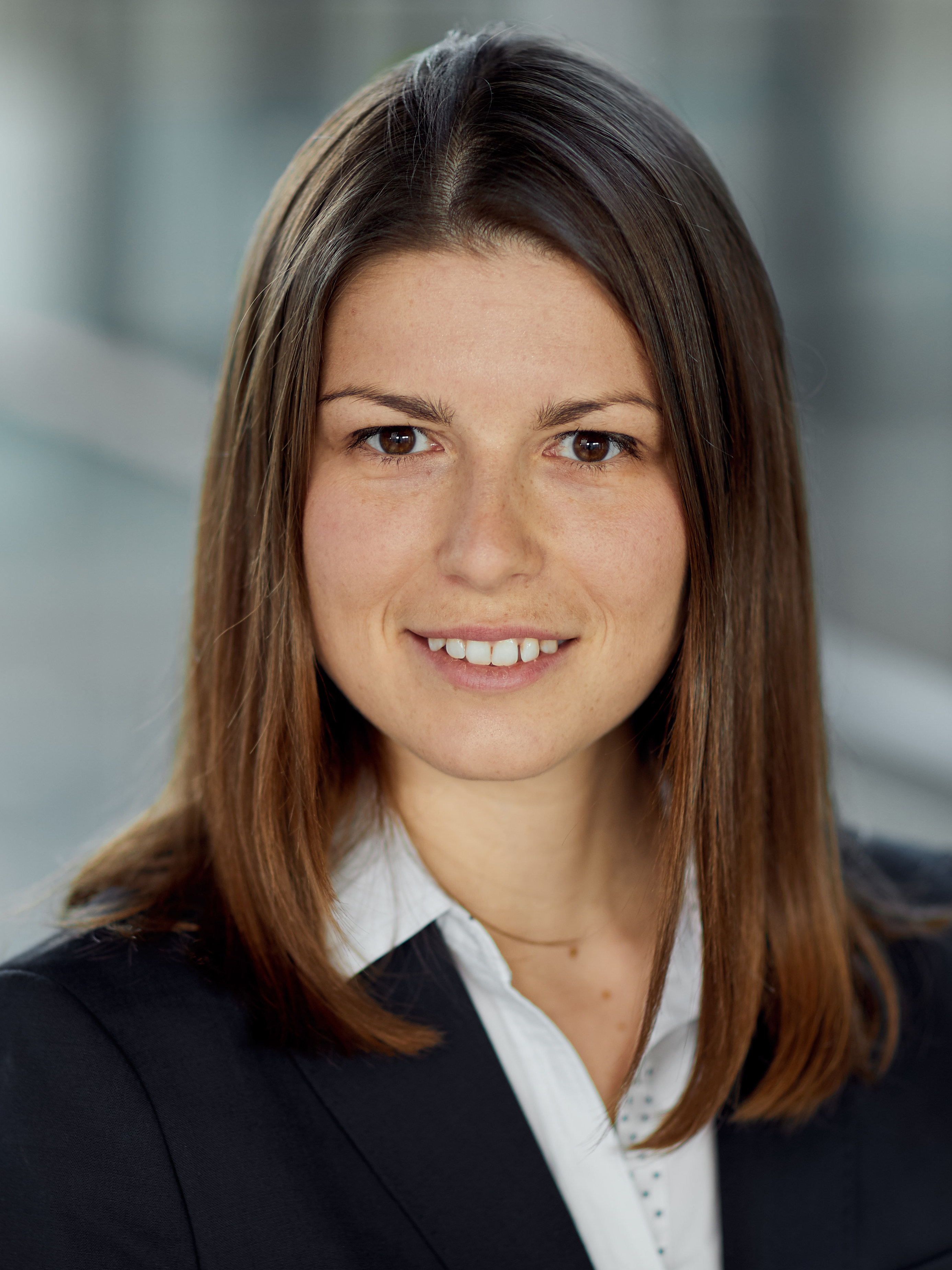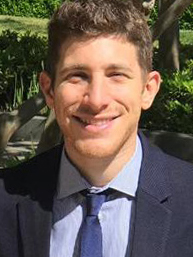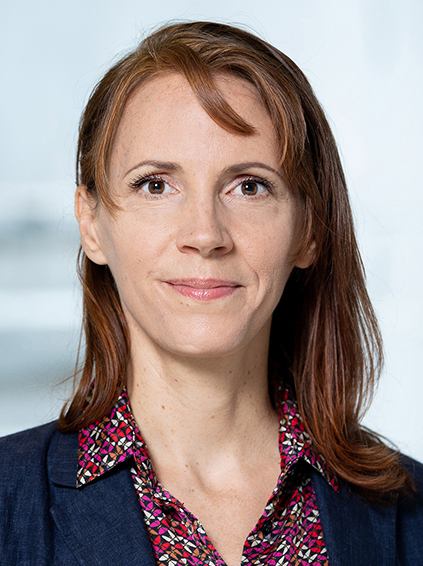Young Researchers Win 4.5 Million Euros in Funding

The European Research Council has this year awarded three of its highly competitive ERC Starting Grants to researchers at the University of Zurich: Three up-and-coming academics (two women, one man), who between them already have several years of research experience, will receive support of around 1.5 million euros each spread over five years. They can use the funds to establish their own research groups – an important step in their academic careers. The three researchers and their projects have demonstrated great potential.

Determinants of fertility and labor supply decisions
Assistant professor of economics Teodora Boneva studies child development and parenting. In her research program she will shed light on the role of beliefs, preferences, constraints and social norms in women’s decisions about having children and returning to work after the birth of a child. “Given the importance of these decisions, it is crucial to understand what is driving them,” she says.
For this purpose, she will collect large representative datasets in different countries around the world and obtain detailed measures of individual beliefs and preferences using survey-based techniques. She will combine this data with information on actual and planned fertility and labor supply, as well as perceived constraints and social norms, to disentangle the relative importance of different factors.

Probes detecting neurochemicals in the brain
Tommaso Patriarchi from the Institute of Pharmacology and Toxicology and his team, working at the crossroads between biotechnology and neuroscience, aim to create novel protein-based fluorescent probes for various important neurochemicals. “Our emotions, our thoughts, our everyday actions are encoded by the coordinated activity of a myriad of neural cells in our brain that constantly communicate with each other via the release of neurochemicals,” he says.
Patriarchi wants to use the ultrasensitive probes in combination with the most advanced imaging modalities to illuminate previously invisible aspects of brain function. They have the unique capacity to enable high-resolution imaging of neurochemicals directly in awake behaving animals, thus revealing essential aspects of brain function in real time. Furthermore, the applications of this novel neuro-technological toolbox can be used to establish next-generation screening assays for drug development.

Art and the negotiation of sanctity in the early modern period
Raphaèle Preisinger of the Institute of Art History investigates how artworks were employed in the process of negotiating sanctity with the Roman Curia in the period of Iberian hegemony, 1500–1700. As the cult of the saints was among the key conceptual battlegrounds in the conflict between the Catholic church and the Protestants, saints came to fulfill spiritual, ideological and propagandistic functions.
Artworks were produced in order to gain recognition by the church of saints first venerated in newly Christianized territories around the globe. These works reveal an underlying negotiation of the local Catholic communities’ spiritual status within universal Catholicism. Official recognition affirmed the society which had made a saint its own; therefore, artworks related to this process served purposes of self-representation within the broader framework of social identity formation. Investigating the negotiation of sanctity between Rome and geographically distant areas challenges established perspectives on Roman Catholicism, colonialism, and the early modern world at large.